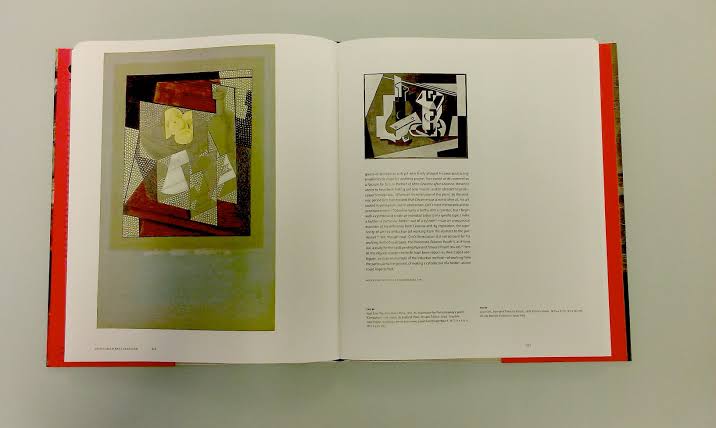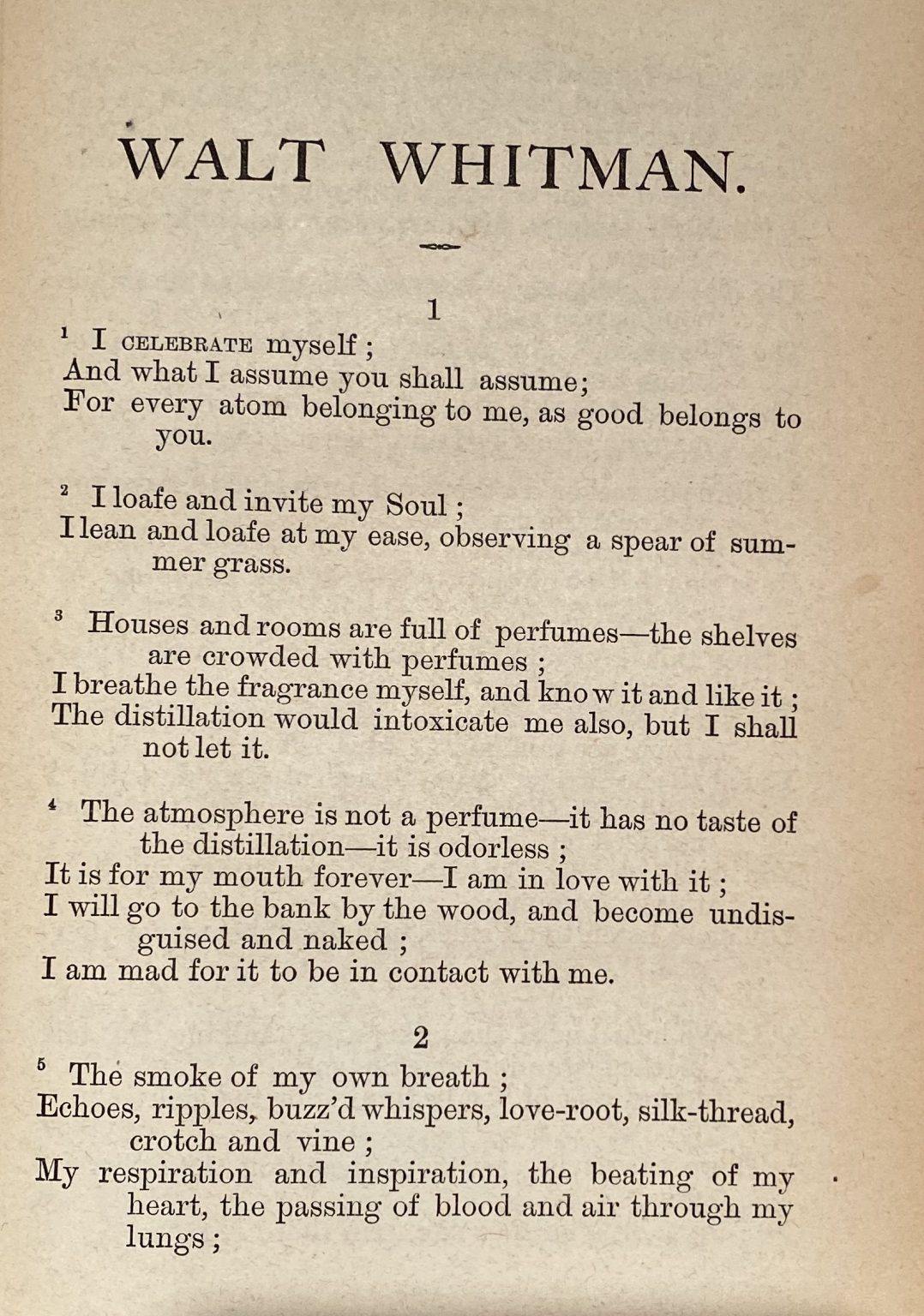

He finds a purpose behind any natural objects- grass, sea, birds, flowers animals etc. He believed that “the unseen is proved by seen” thus he makes use of highly sensuous and concrete imagery to convey his perception of divine reality. Physical phenomena for him were symbols of spiritual reality. Whitman seldom lost touch with the physical reality even in the mist of his mystical experience. On the other hand Whitman believes that spiritual experiences are possible without sacrificing the physical appetites. Oriental mystic believes that communication between soul and God is possible only through the mortification or conquest of the senses and the physical appetites. Although Whitman is influenced by Emerson and oriental mysticism, yet there is a difference between Whitman’s mysticism and the mysticism of Orient. While the traditional mystic attempts to annihilate himself and mortify his senses in preparation for his union with the divine Whitman magnifies the self and glorifies the senses in his progress towards the union with the absolute. Miller considers Whitman’s Song of Myself as “inverted mystical experience”. The word “I” assumes an enlarged universal connotation bringing the smallest and the greatest things of the universe within its compass. Thus, his comic consciousness is the result of the expansion of the ego. Whitman praises not merely life, but absolute worth of every particular and individual person. Whitman does not belittle the achievements of science and materialism. There is no tendency on the part of the soul to leave this world for God.

He does not subscribe to the belief that objects illusive. He seeks the spiritual through the material. Whitman does not reject the material world. There is a great deal of sexual elements in Whitman’s poetry sexual connotations are inseparable from the mystical experience. Whitman seeks to tear down the belief the spiritual resides only in the religious and embraces the idea that nothing is more divine than humankind, nothing greater than individual soul. The beautiful sampling of Whitman’s poetry from “Song of Myself” offers a glimpse into the spiritual side of his most radical themes–love for country, love for others and love for self.

He shocked his contemporaries by his embrace of the sensual “Song of Myself” has been regarded as a prolonged expression of an experience that is essentially mystical. The self-proclaimed “American Bard” Walt Whitman is undoubtedly a mystic and transcendental poet.

He believes that all things in the visible world are but forms and manifestations of the one Divine life. He feels that God and the supreme soul animating all things are identical. A mystic vision is intuitive a mystic feels the presence of divine reality behind and within the ordinary world of sense and perception. Mysticism is not really a coherent philosophy of life, but more a temper of mind.


 0 kommentar(er)
0 kommentar(er)
